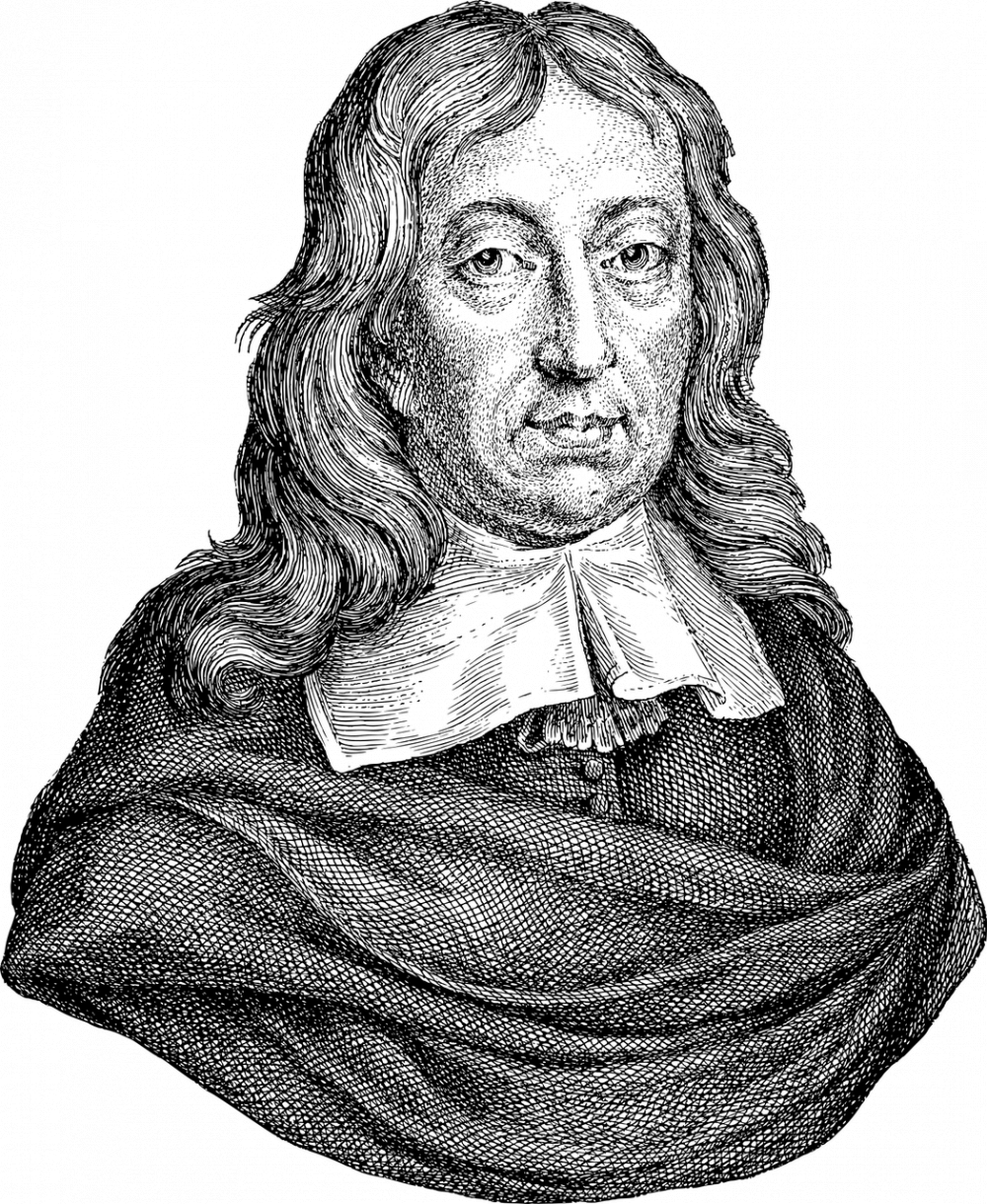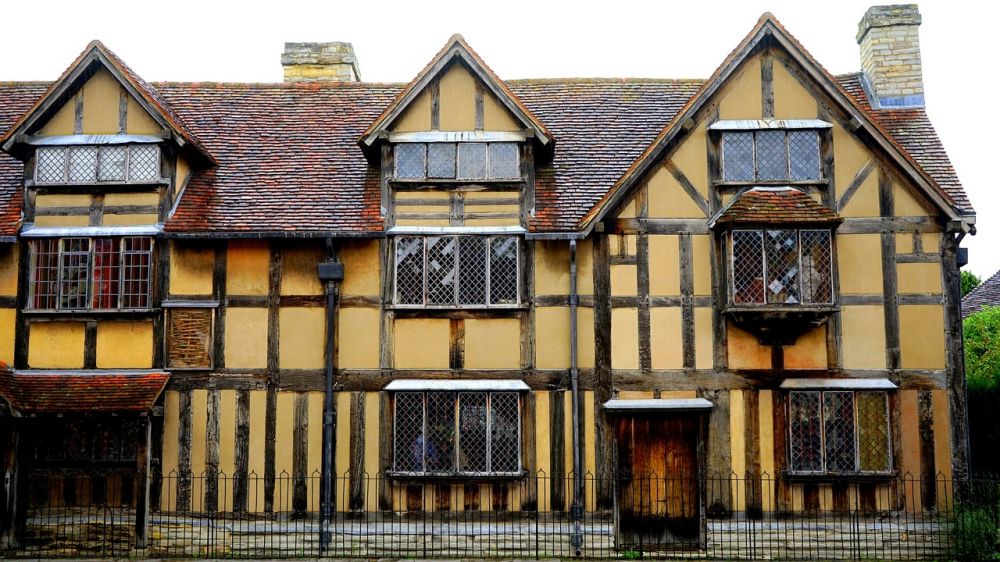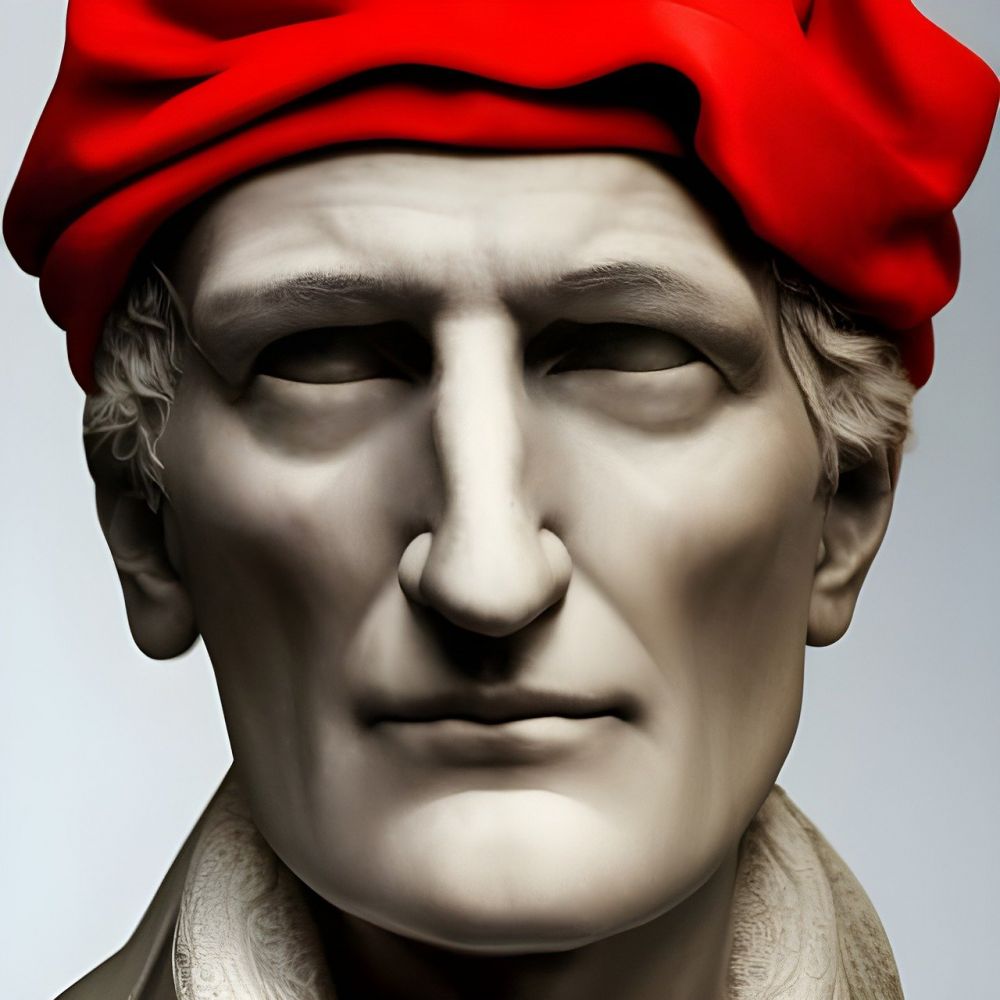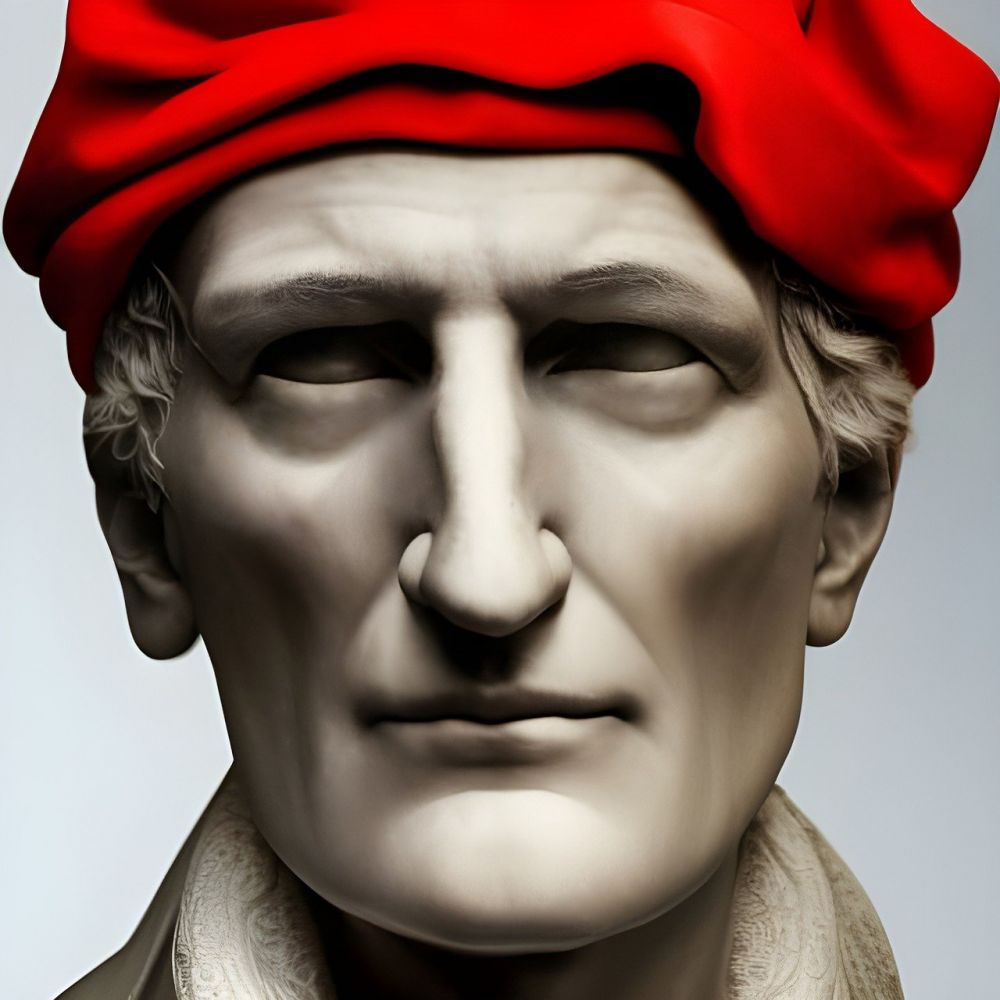Edgar Allan Poe: The Master of Dark Romanticism

Introduction:
Edgar Allan Poe, widely regarded as the father of the modern detective story and a prominent figure in American literature, had a profound impact on the development of Gothic and horror genres. His unique writing style, characterized by dark themes, vivid imagery, and psychological complexity, continues to captivate readers today. In this article, we will delve into the life and literary contributions of Edgar Allan Poe, providing essential knowledge for anyone interested in exploring this influential author’s works.
I. Early Life and Influences

– Edgar Allan Poe was born on January 19, 1809, in Boston, Massachusetts, to a family of actors. Tragically, both his parents died when he was very young, and he was subsequently raised by foster parents.
– Poe’s early exposure to theatrical performances and literature had a significant impact on his writing style. The evocative power of performance and the exploration of human emotions became central themes in his works.
– After attending the University of Virginia for a brief period, Poe enlisted in the U.S. Army under an assumed name. During his time in the military, he began writing poetry and short stories, showcasing his creative talent.
II. Literary Career and Contributions
– Poe’s literary career gained momentum when he won a writing contest in 1833 with his story “Ms. Found in a Bottle.” This recognition led to his appointment as an editor and contributor for various literary magazines.
– The publication of “The Raven” in 1845 brought Poe immense popularity and recognition. This iconic poem, with its haunting refrain and exploration of the human psyche, sealed his reputation as a master of the macabre.
– Poe played a pivotal role in the development of the detective genre with his fictional character C. Auguste Dupin. The analytical mind of Dupin paved the way for future detective protagonists like Sherlock Holmes.
III. Evolution of Edgar Allan Poe’s Works
– In the early stages of his writing career, Poe focused primarily on poetry. His poems, such as “Annabel Lee,” “The Bells,” and “The Haunted Palace,” often explored themes of love, loss, and the supernatural.
– As his career progressed, Poe diversified his writing, notably venturing into the realm of short stories. “The Fall of the House of Usher,” “The Tell-Tale Heart,” and “The Pit and the Pendulum” are among his most celebrated tales of suspense and horror.
– Poe’s works demonstrate his fascination with the human psyche and macabre events, often blurring the line between reality and imagination. His ability to create an atmosphere of fear and uncertainty has made him a master of suspense.
IV. Legacy and Influence
– Edgar Allan Poe’s literary contributions have had a lasting impact on American and international literature. His exploration of the human subconscious, unique storytelling techniques, and evocative imagery continue to inspire and captivate contemporary authors.
– His influence can be seen in the works of renowned authors such as H.P. Lovecraft, Arthur Conan Doyle, and Stephen King. Poe’s dark and atmospheric style laid the groundwork for the development of genres such as Gothic, horror, and psychological thrillers.
– Even beyond literature, Poe’s cultural impact is evident. He has become an iconic figure, symbolizing the dark and mysterious aspects of human nature, which has resonated with artists, filmmakers, and musicians.
Conclusion:
Edgar Allan Poe remains an enigmatic and influential figure in the realm of literature. His ability to delve into the darkest corners of the human psyche and weave intricate tales of horror and suspense continues to fascinate readers. Through his poetry and short stories, Poe created a lasting legacy that has shaped the development of the Gothic and horror genres. As we explore his works, we are reminded of the power of imagination, the complexity of human emotions, and the eternal allure of the unknown.





